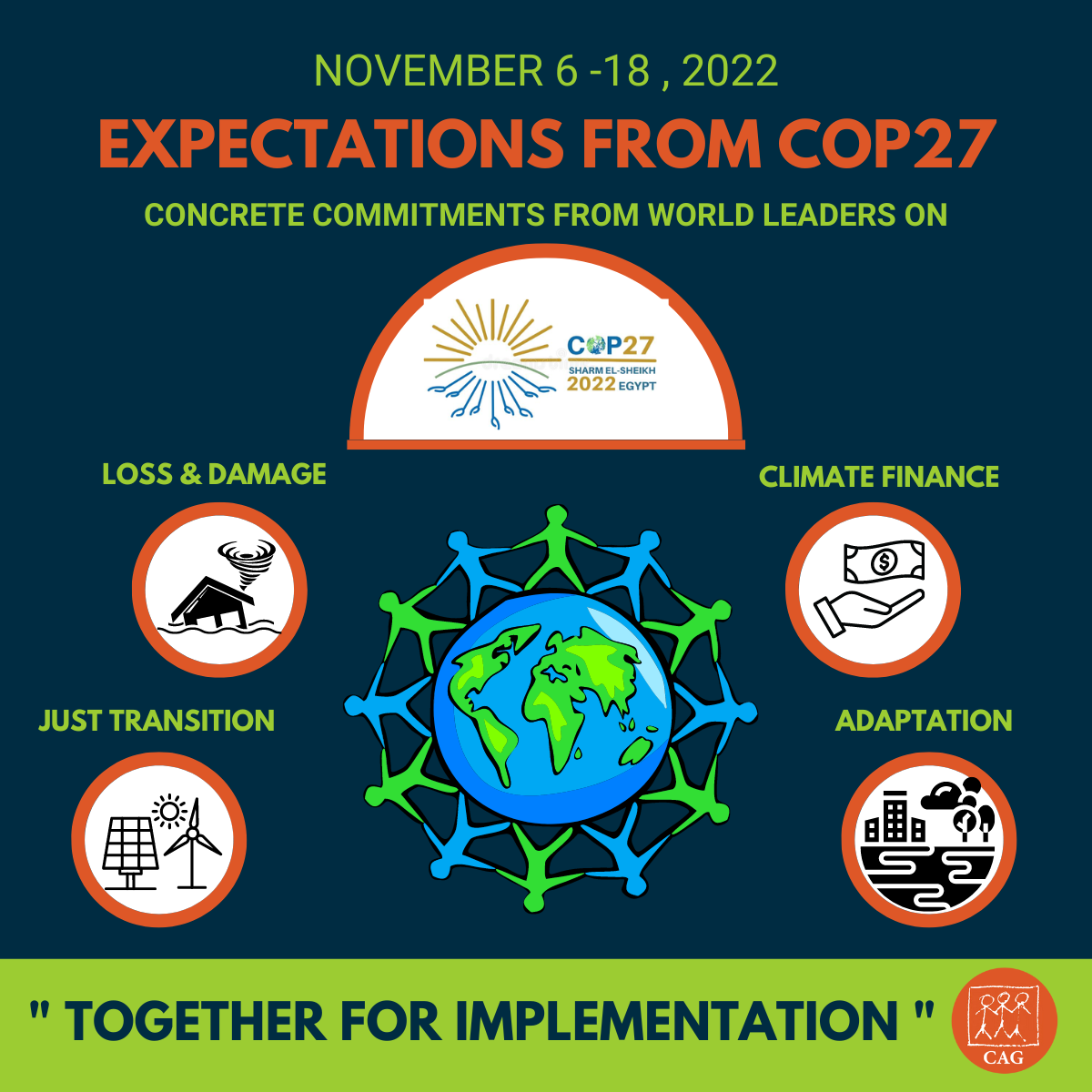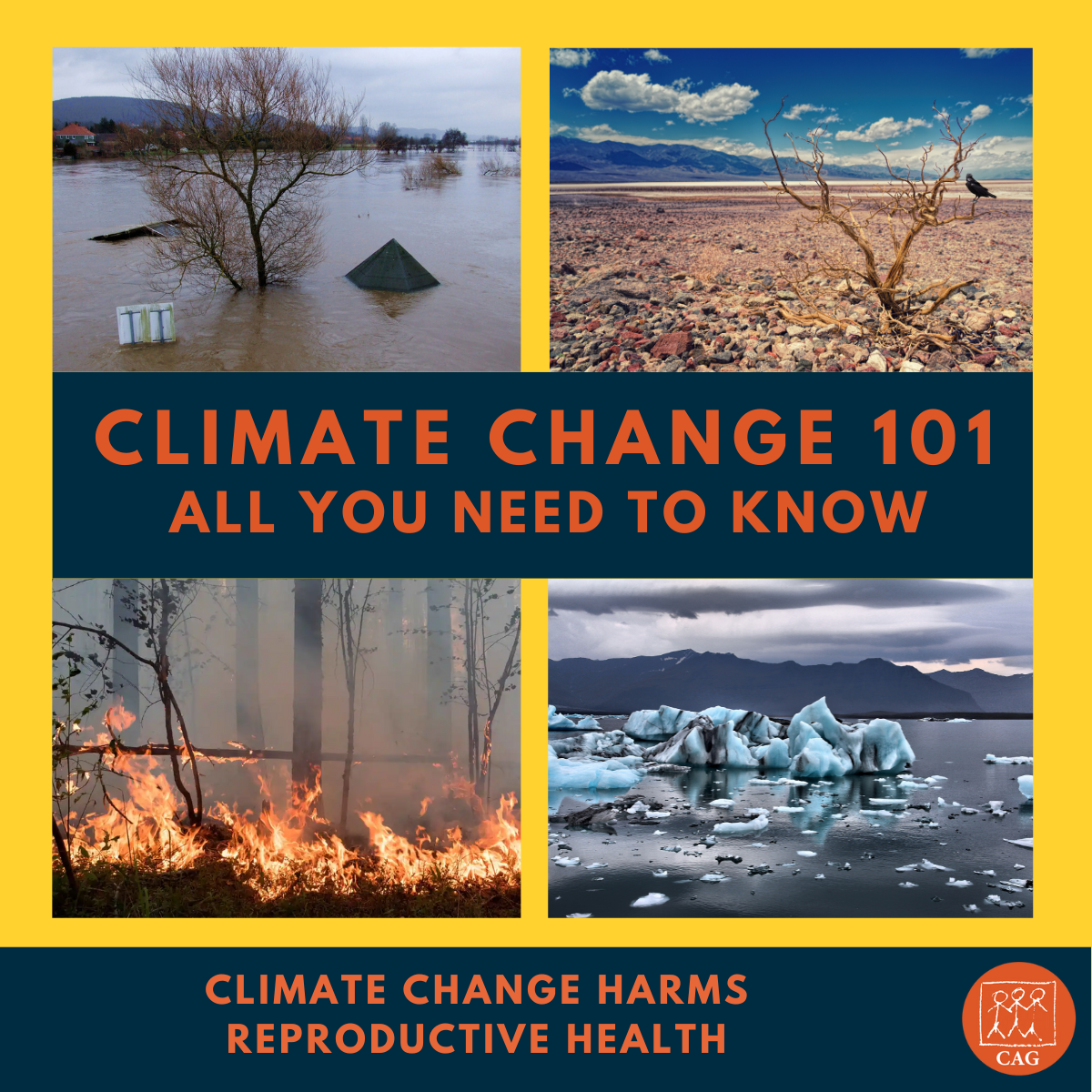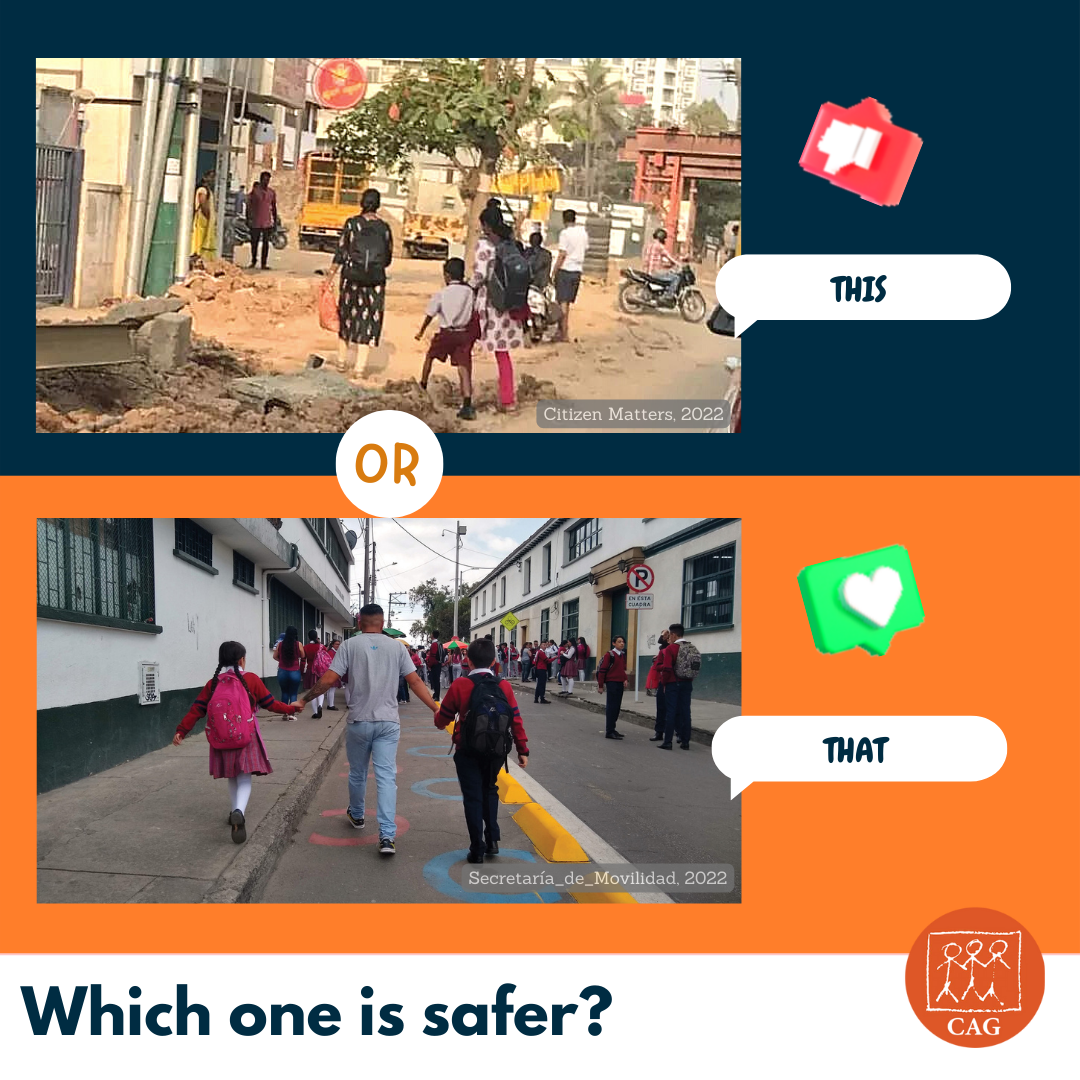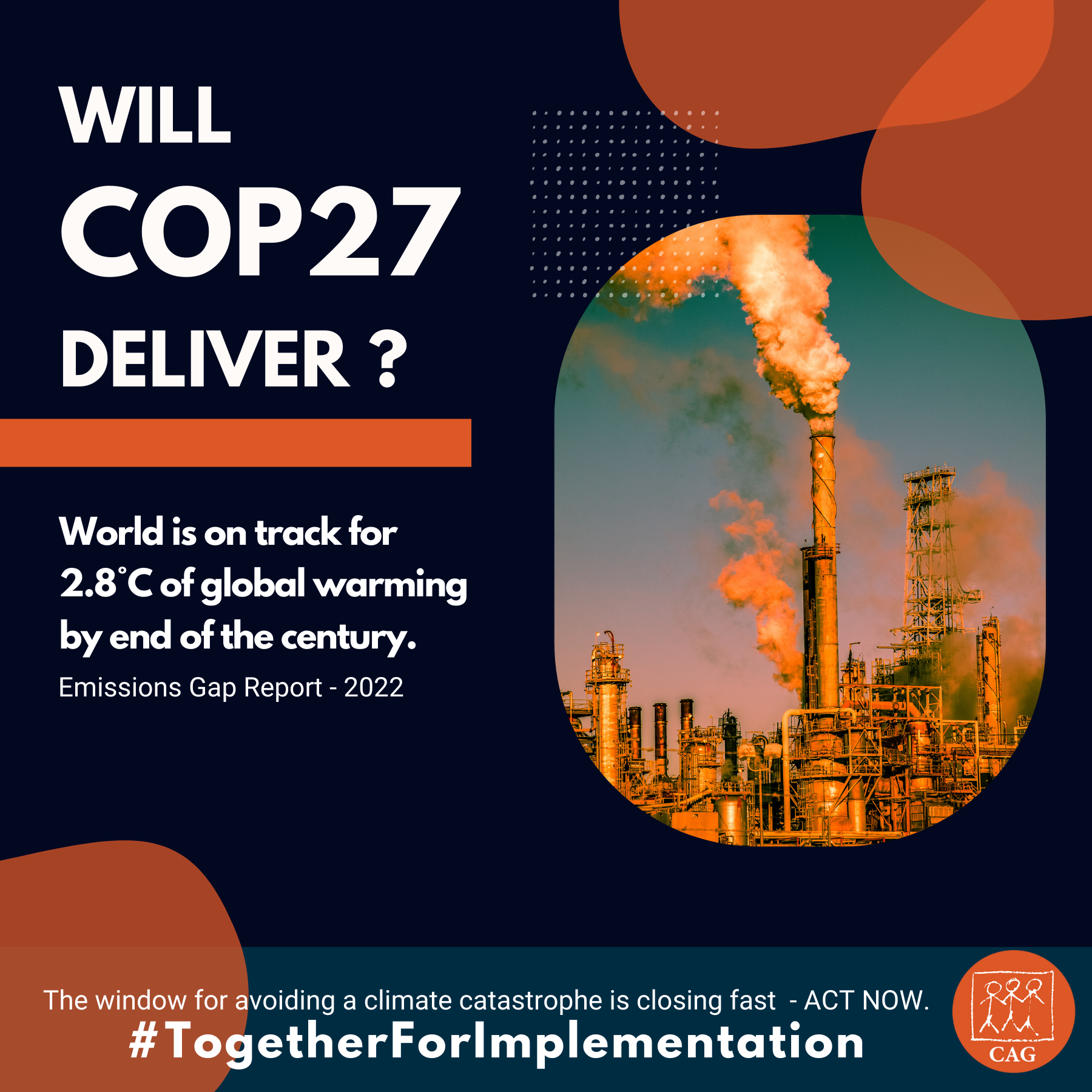COP27 - Long-term commitments and action
As #COP27 gets underway, UN Secretary-General Antonio Guterres has called on all world leaders to prioritize support to the most vulnerable through bold long-term commitments & action. The world is heading towards a climate catastrophe, we can either "cooperate or perish".




